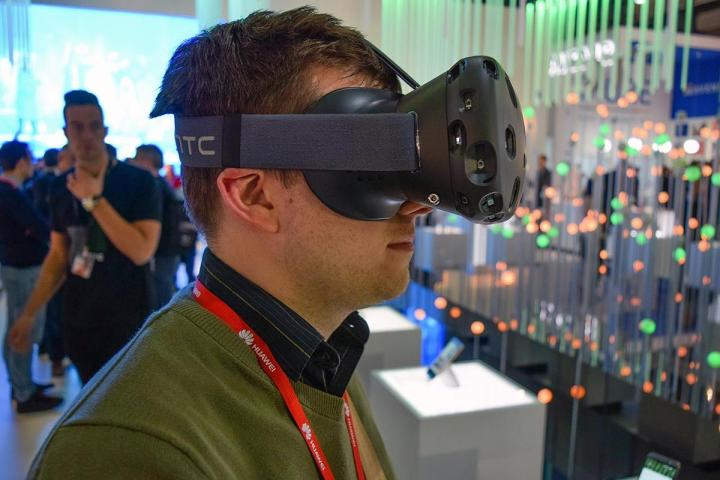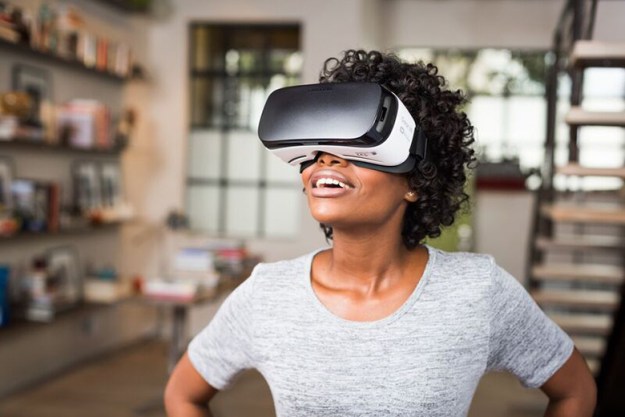
Gartner is suggesting that 1.4 million units of VR and AR hardware will be shipped over the course of 2016 — a considerable uptick compared to the 140,000 units sold last year. The company expects this trend to continue, with 6.3 million units anticipated to ship in 2017.
However, this positive forecast is not without its caveats. Brian Blau, a research director at Gartner, noted that the firm is “cautious that it won’t take off as fast as other technologies like smartphones” in an interview with PC World.
This stance can be attributed to the hefty price tags being attached to the hardware, not to mention the fact that most headsets require a beefy computer or gaming console to function. There’s also the question of whether content producers will be able to create compelling experiences.
There’s a chicken-and-egg issue with VR, in that it’s a very expensive endeavor for both developers and consumers. A lack of content means that audiences won’t see value in the hardware, and a small install base will discourage studios from creating content tailored to the tech.
For the moment, the large part of this content is entertainment, with plenty of crossover from the video game industry. However, Gartner has predicted that business implementation will make up a quarter of VR and AR usage by 2018.
We’ll know more about how the VR boom is set to play out as the first wave of hardware hits consumers in the coming months. The HTC Vive, the Oculus Rift, and PlayStation VR are all expected to launch in 2016.
Editors' Recommendations
- The Apple Vision Pro has given VR its iPhone moment
- Apple VR rumored to run on Mac chipset
- HTC aims to turn your carpool into a VR roller coaster
- Apple may have just leaked its VR headset’s operating system
- The Meta Quest 2 VR headset is dominating Steam


